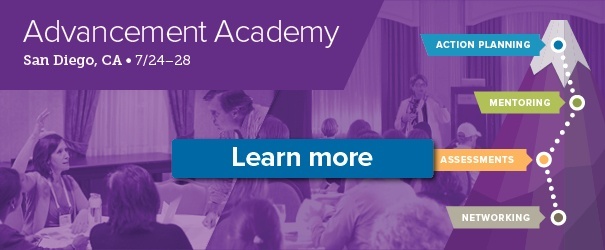International students bring not only revenue to private schools, but an enhanced level of culture to the overall student experience. Over the past decade, international K–12 programs have seen significant growth throughout the U.S. Assisting K–12 schools with this growth are numerous International Student Broker (Agent) firms and independent consultants. Although schools don’t need to partner with brokers to enhance or initiate exchange student and international study programs, most of the schools ISM works with for international student insurance report using agents to help place students, along with other associated tasks. Through our insurance relationships, we have compiled the following five tips for working with an International Student Broker.
Your school must be SEVP-certified and you must have a SEVIS-trained PDSO (principal designated school official) handling international enrollments.
SEVP certification allows schools to issue I-20 Forms to prospective international students—which are critical for students studying in the U.S. Without an I-20, students cannot apply for a visa.
PDSOs are responsible for ensuring all legal requirements are satisfied before international students arrive in the U.S., and of course, school campuses. Their key function is to use the SEVIS (Student and Exchange Visitor Program) portal to submit required documentation to Homeland Security. Agents, well intended or not, who offer to manage this function of the process are putting schools at enormous risk of not only losing their ability to enroll international students for the lifetime of the institution, but also facing legal ramifications. It is illegal for a broker to manage the SEVIS site for a school. By law, schools must have a dedicated administrator overseeing international student enrollments.
Student interviews are critical to preserve your mission.
Schools enroll international students for a variety of reasons—increase income, enhance diversity, and expand cultural experiences are among the top. When incorporating international students programs for any reason, it’s critical that mission is never compromised.
Think of it this way—without a clear mission, there is nothing differing your school from others in your community. Enhancing student experiences—for both domestic and international students—relies on the preservation of your key principles. Interviewing international students (in addition to broker interviews with your admission team) provides an opportunity to evaluate students and conclude who will benefit your overall student experience.
Vet your broker/agent.
As with any vendor, there are reputable international broker agencies and those with less than admirable practices. Save yourself stress and look into the brokers you’re working with. Look for brokers with both family and school referrals. Ask about their business practices, such as payment collection and ongoing relationships with foreign families.
Be aware of possible corrupt brokers. In May 2016, Homeland Security set up a fake college to disclose brokers involved in visa-milling. Twenty-two alleged brokers were arrested as a result of the sting. The bust affected 1,706 students—many of whom who were not aware it is illegal to enroll in school but not attend.
Knowing about scams and visa-mills helps keep you alert for possible red flags. Ask potential students about the promises brokers have made to them during your admission interviews. Has the broker told them they can travel freely around the states once they arrive? Are they aware they must maintain their GPA? Do they understand what restrictions and obligations will be enforced? Are they clear about the documentation needed for traveling to the states?
Stay current with Homeland Security regulations—don’t rely on your broker/agent!
This is critical. Yes, your broker should be knowledgeable and a source for current compliance. However, it’s your school’s responsibility to have all your I’s dotted and T’s crossed. Your PDSO and admission team should be well versed in current affairs concerning international students, best practices, and, of course, legal compliance.
Additional ISM resources:
The Source for Business Officers Vol. 6 No. 10 Oh Look, More Acronyms to Memorize! SEVIS, SEVP, and DHS
 hbspt.cta.load(2626348, '0deffb9c-8d71-4919-9bd5-b0c1a2c72746', {});
hbspt.cta.load(2626348, '0deffb9c-8d71-4919-9bd5-b0c1a2c72746', {});





